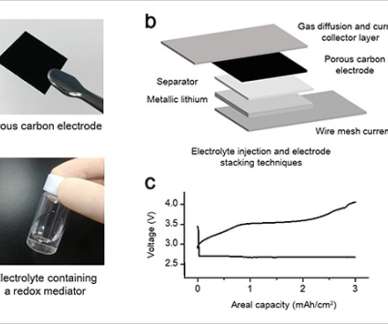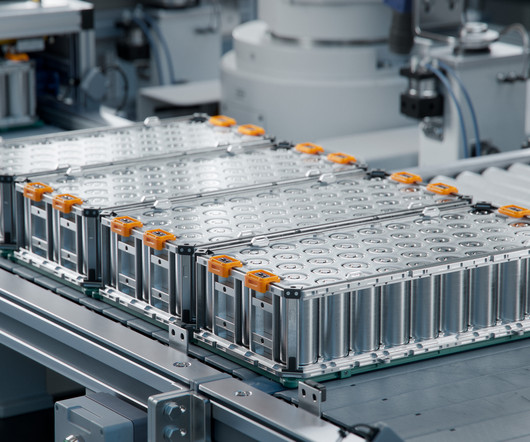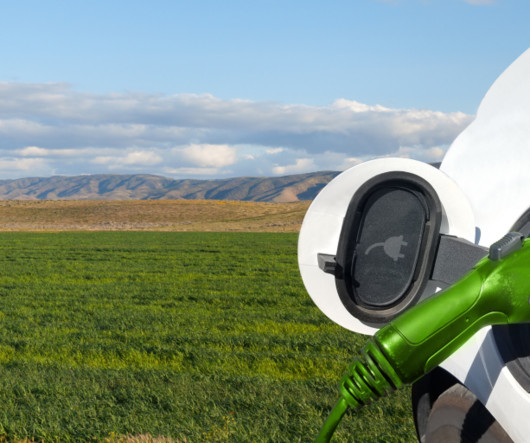NIMS researchers report 500 Wh/kg+ Li-air battery
Green Car Congress
JANUARY 24, 2022
Researchers at Japan’s National Institute for Materials Science (NIMS) and the NIMS-SoftBank Advanced Technologies Development Center have developed a lithium-air battery with an energy density of more than 500 Wh/kg—significantly higher than currently lithium ion batteries.



















Let's personalize your content